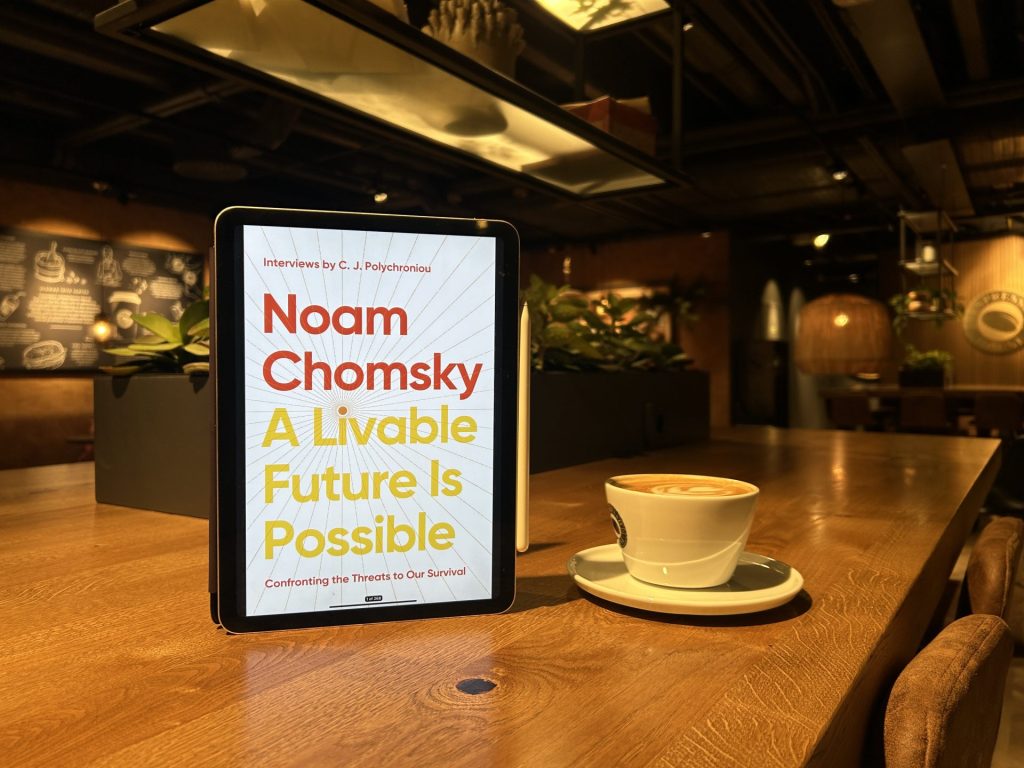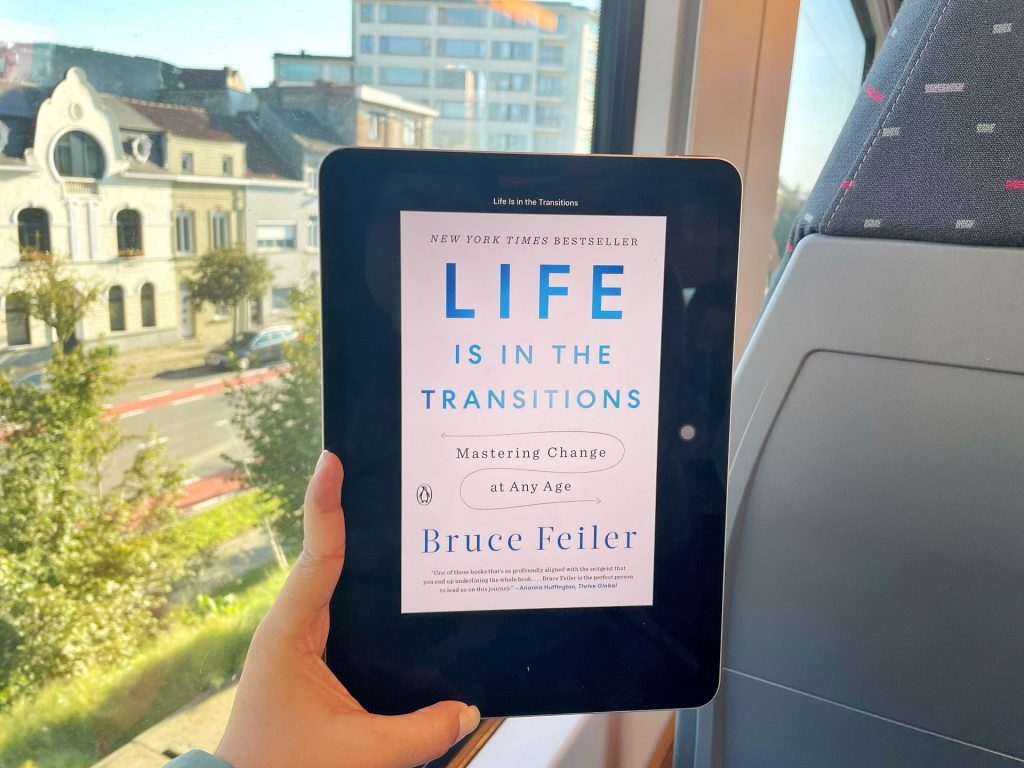As someone without a strong expertise in mental health, I was intrigued when I came across a best-selling book prominently discussing depression on its cover. I expected this book would offer me a great starting point to gain a better understanding of depression and anxiety.
Lost Connections talks about the causes and cures for people with depression and anxiety. Johann Hari’s central claim is that depression and anxiety are not solely issues rooted in brain chemistry but rather in one’s life circumstances. However, as I turned into its pages, my critical thinking alerted me to the fact that this book lacks a neutral perspective on the actual causes of depression. Although he acknowledges biological cause as one of the risk factors, it still emphasizes the primary role of external triggers in their manifestation, in my personal opinion, at a concerning level.
I believe mental health issues are complex conditions that require extensive research and interpretations. Some of Hari’s arguments to criticize recent advancements in the field of mental health were drawn on studies conducted in the 90s. While it is true that publication bias and pharmaceutical industry influence may exist in clinical trials, antidepressant medications have proven efficacy beyond the placebo effect. I am genuinely concerned that his suggestions may not be effective for certain individuals struggling with depression, potentially posing a danger to those who rely on this book for guidance.
Despite my reservations, I must acknowledge that Hari is a skilled journalist and writer who skillfully combines scientific discoveries, anecdotes, and emotive language. Within this book, there are interesting studies that caught my attention, which I have noted down as highlights. However, I caution against relying only on a handful of discoveries when it comes to preventing and treating depressive symptoms. I firmly believe that depression and anxiety necessitate multifaceted approaches to treatment, as there is no one-size-fits-all solution for the diverse range of individuals experiencing these conditions.
Highlights
Nine Causes of Depression and Anxiety:
1. Disconnection from Meaningful Work
- If you had a higher degree of control over your work, you were a lot less likely to become depressed or develop severe emotional distress than people working at the same pay level, with the same status, in the same office, as people with lower degree of control over their work.
When work is enriching, life is fuller, and that spills over into things you do outside work. But when it is deadening, you feel shattered at the end
Johann Hari, Lost Connections
- The worst stress for people isn’t having to bear a lot of responsibility. It is work that is monotonous, boring, soul-destroying; where they die a little when they come to work each day, because their work touches no part of them that is them.
2. Disconnection from Other People
- Feeling lonely was different from simply being alone.
- Loneliness isn’t the physical absence of other people, it’s the sense that you’re not sharing anything that matters with anyone else.
- To end loneliness, you need to have a sense of “mutual aid and protection.”
- Social media can’t compensate us psychologically for what we have lost–social life.
3. Disconnection from Meaningful values
- The more materialistic and extrinsically motivated you become, the more depressed you will be.
4. Disconnection from Childhood Trauma
- Depression isn’t a disease; depression is a normal response to abnormal life experiences.
- It is true that something is happening in your brain when you become depressed, but that is not a causal explanation.
5. Disconnection from Status and Respect
- Some human culture (like US) have very large gaps between at the top and the people at the bottom; unequal societies. But other human cultures (like Norway) are quite different—with highly equal ways of living.
- Highly unequal societies → higher levels of mental distress; the higher the depression
- Huge gaps in income and status → some people seem supremely important and others seem of no importance at all
6. Disconnection from the Natural World
- Depressed or anxious people feel better when they get out into natural landscapes. When you are depressed, you feel that “now everything is about you” → a common reaction to being out in the natural world is the precise opposite of this sensation—a feeling of awe. You have a sense that you and your concerns are very small, and the world is very big → shrink the ego down.
7. Disconnection from A Hopeful or Secure Future
- Communities with the highest control had the lowest suicide.
- Community with no control over its own destiny, it’s hard to construct a picture of a hopeful or stable future in your mind.
- Community with control over destiny → you can easily construct a vision of a hopeful future, because together you’ll be deciding it.
- Extremely depressed people have become disconnected from a sense of the future.
8 and 9. The Real Role of Genes and Brain Changes
- Neuroplasticity: the tendency for the brain to continue to restructure itself based on experience.
- Brain constantly changing to meet your needs in 2 ways:
- By pruning the synapses you don’t use.
- By growing the synapses you do use.
- Brain constantly changing to meet your needs in 2 ways:
Reconnection. Or A Different Kind of Antidepressants:
Reconnection #1: To Other People
- If you deliberately try to become happy, you will not become happier—if you live in the US. But if you live in Russia, Japan, or Taiwan, you will become happier.
- There is a significant difference between how we think of ourselves in Western societies and how people in Asia conceive themselves.
- In the West, we mostly have an individualistic way of looking at life. In Asia, they mostly have a collective way of looking at life. If you decide to pursue happiness in the US or Britain, you pursue it for yourself–because you think that’s how it works. But if you consciously pursue happiness in Russia or Japan or China, you try to make things better for your group–for the people around you.
Reconnection #2: Social Prescribing
- Social prescribing is to heal disconnection from other people.
Reconnection #3: To Meaningful Work
- Move to a job where you controlled less and have more autonomy or are doing something you believe matters → anxiety and depression levels will likely dip.
Reconnection #4: To Meaningful Values
- We need to create a counter-rhythm to the junk values that have been making us mentally sick. We are not imprisoned in the values that have been making us feel so lousy for so long. By coming together with other people, and thinking deeply, and reconnecting with what really matters, we can begin to dig a tunnel back to meaningful value.
reconnection #5: Sympathetic Joy and Overcoming Addiction to the Self
- Loving-kindness meditation → 2x as likely to help somebody else than the people who hadn’t → double your compassion through doing this practice even for a short time → lead to greater connection to other people.
Reconnection #6: Acknowledging and Overcoming Childhood Trauma
- Reconnecting a person with his childhood trauma + showing him that an outside observer doesn’t see it as shameful → set him free from some of its negative effects.
Reconnection #7: Restoring the Future
- Guaranteed income → empowers people to say no → be able to leave jobs that are degrading, or humiliating, or excruciating → employers will have to offer either better wages, or better working conditions → worst jobs, the ones that cause the most depression and anxiety will have to radically improve to attract workers.
Conclusion: Homecoming
- Doesn’t mean all chemical antidepressants are bad.
- The false story is the claim that depression is caused by a chemical imbalance in the brain and that the primary solution for most people is a chemical antidepressant.
- Depression and anxiety have 3 kinds of causes–biological, psychological, and social
- The social and psychological causes have been ignored for a long time.
- You are not suffering from a chemical imbalance in your brain. You are suffering from a social and spiritual imbalance in how we live.
- Your biology can make your distress worse, for sure. But that’s not the cause.
- We should not—must not—talk about solving depression and anxiety only through individual changes. We have to change the culture so that more people are freed up to change their lives.
Author: Johann Hari
Genre: non-fiction
Publication date: 11 January 2018
Publisher: Bloomsbury USA
Number of pages: 322 pages





Leave a Reply